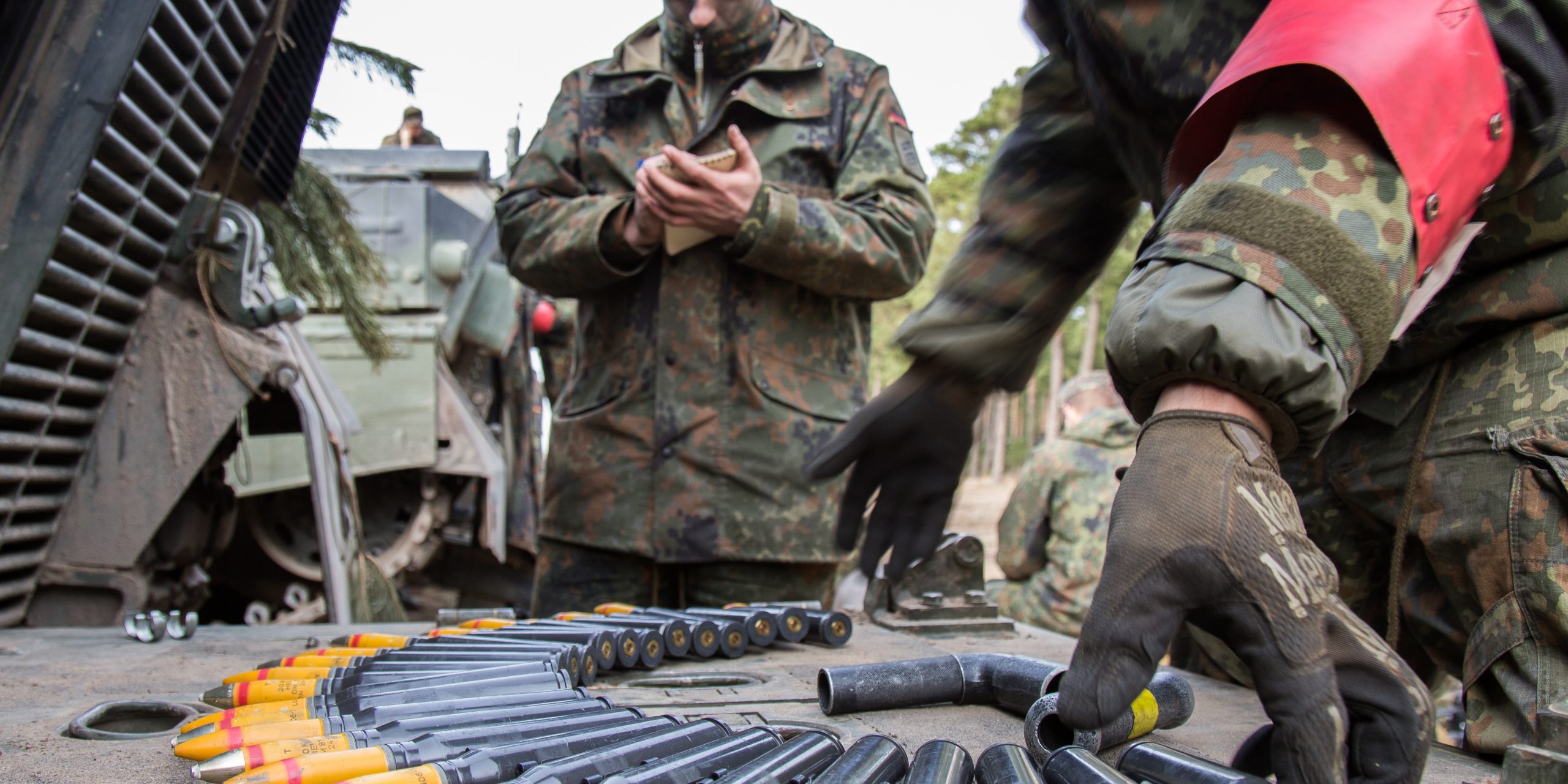Procurement in the Bundeswehr continues to falter, including ammunition. “We have given around 20 million rounds for firearms to Ukraine,” names Florian Hahn, Member of German Parliament, one example. This ammunition has still not been reordered and the soldiers are the ones who will suffer from this lack of decision-making, as they have to fulfil their obligations with insufficient equipment. If Bundeswehr was already bare before the attack on Ukraine, as the Chief of the German Army reported at that time, the situation has even worsened since then.
“In this one year since the start of the Ukraine war, we have not become more capable of national and alliance defence, because we have not even replenished what we gave to Ukraine,” Hahn said. In other countries, the situation is clearly different, he stated. “When France hands over ammunition, it is immediately replenished,” Hahn describes. That is why he does not see a European approach, since the nations went into national procurement in order to quickly resupply their systems – including ammunition. With the exception of Germany.
Certain hopes had been pinned on the German government’s ammunition summit. “It is incomprehensible to me that the ammunition summit was a mere discussion format without any decisions. I don’t understand that in these days you only meet with the leaders of arms industry to just drink coffee,” said Jens Lehmann, Member of German Parliament. “German Army is the main burden-bearer of the weapon transfers to Ukraine. It needs replacements quickly, especially ammunition.”
But the problem lies not only in the lack of replacement of ammunition, but also in its financing. “Budget 14 [defence] is already exhausted in the current budget,” describes Member of German Parliament Ingo Gädechens. The proposed financing of ammunition is therefore more like a patchwork instead of conscientious planning. “125 million have been taken out of Eurofighter budget.” Another 500 million euro are still to be taken from budget. Gädechens concludes: “To date, not enough money has been budgeted for ammunition.”
The current state of the Bundeswehr, the lack of re-procured systems and ammunition as well as insufficient funding, are not a favorable state one year after Russia’s attack on Ukraine. “The new defence minister has to face old burdens that could have been reduced long ago. If there had been an immediate reaction after the outbreak of the war,” Gädechens emphasises. New methods are not necessarily needed, as Gädechens reminds: “We already had possibilities for rapid procurement in the past: mission-related immediate requirement.”
Dorothee Frank, Head of editorial team







